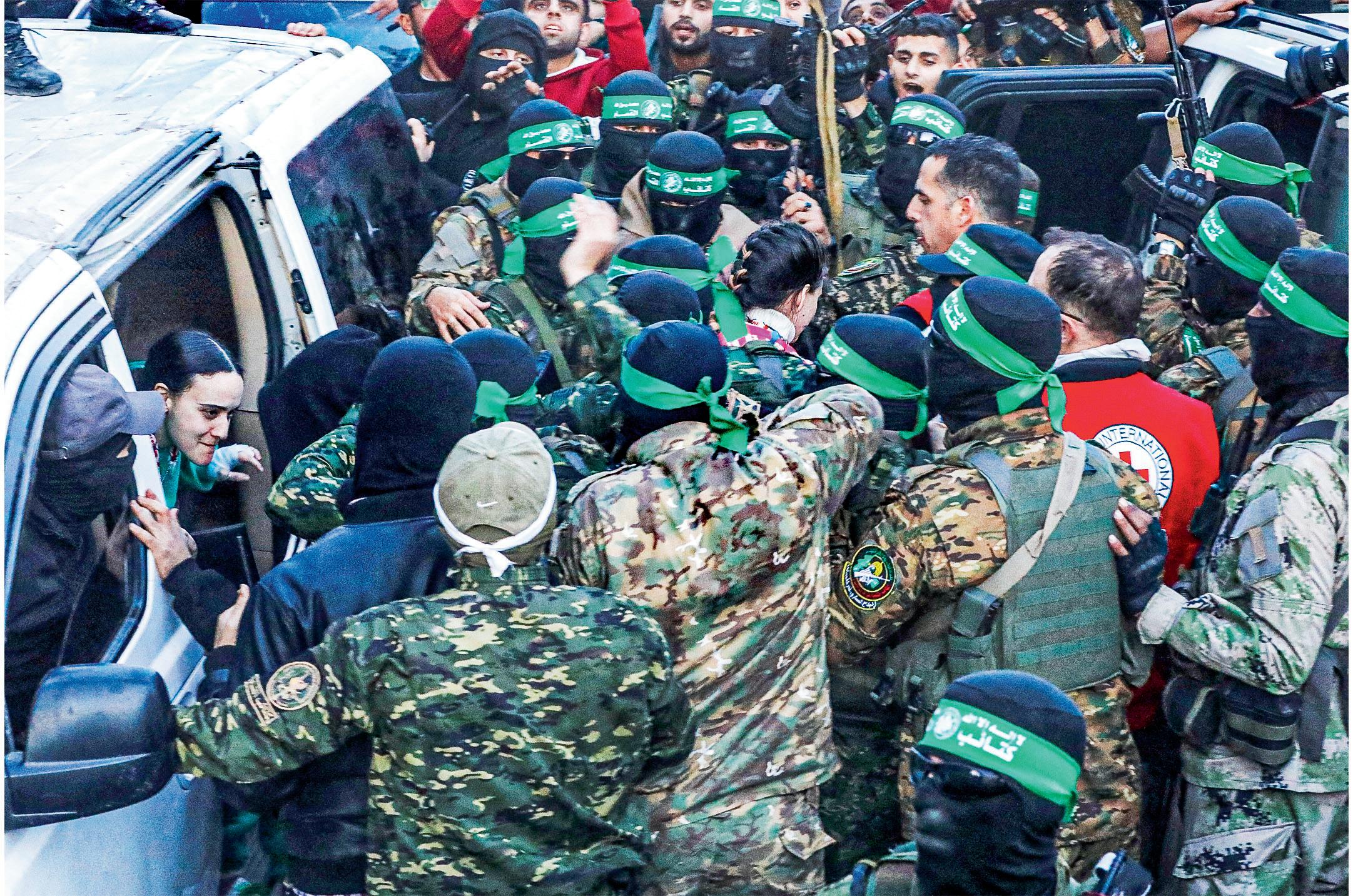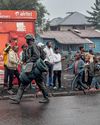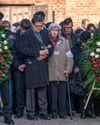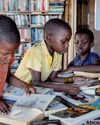
Less than a kilometre separates the Israeli town and the outskirts of the Palestinian territory, but after 471 days of war, the other side of the fence from Sderot's shrubby green dunes resembles a dystopian parallel universe.
A few minutes before along-awaited ceasefire in the Israel-Hamas conflict was supposed to begin at 8.30am local time last Sunday, the morning quiet was shattered by an Israeli airstrike on Beit Hanoun, the Gaza town visible from the ridge.
The Guardian last visited Beit Hanoun three days before the Hamas attack on Israel on 7 October 2023. The area's orchards were full of guava and the last of the season's pomegranates.
In the fields, though, something unusual was taking place: Hamas fighters were conducting drills, in full view of farmers around them and Israeli drones above. The purpose of the training exercise would become devastatingly clear a few days later, changing the region and the world for ever.
Fifteen months on, all that remains of Beit Hanoun is black smoke rising above white rubble. And yet, amid so much death, pain and destruction, the ceasefire has suddenly made it possible that the twin nightmares that Israel's hostage families and the people of Gaza are living through can finally end.
"I left my heart at home, in the north. I've been whispering to my heart every day, 'I will come back home,"" said teacher Asma Mustafa, from Gaza City, who now lives with her two daughters in Nuseirat refugee camp.
"I lost everything: my car, my house, my job, my money. I don't eat well, I don't sleep well, I don't drink clean water, I can hardly find food... I can't believe I have survived. I feel like I have written a line in the history of Palestine," the 38-year-old said.
Mustafa has counted the days she has been living in a tent: 115 since she and her children fled encroaching Israeli ground troops for the fifth time, ending up in Nuseirat in central Gaza.
This story is from the January 24, 2025 edition of The Guardian Weekly.
Start your 7-day Magzter GOLD free trial to access thousands of curated premium stories, and 9,000+ magazines and newspapers.
Already a subscriber ? Sign In
This story is from the January 24, 2025 edition of The Guardian Weekly.
Start your 7-day Magzter GOLD free trial to access thousands of curated premium stories, and 9,000+ magazines and newspapers.
Already a subscriber? Sign In

What is DEI and why is Trump waging war against it?
When American voters headed to the ballot box in November, opinion polls suggested the cost of living, immigration and reproductive rights ranked among their biggest concerns.

Who are M23 rebels and why is there fighting in eastern DRC?
The armed group M23 and Rwandan soldiers entered the centre of Goma last Sunday after weeks of advancing on the main city in the Democratic Republic of the Congo's North Kivu province.

Aid distribution What Israel's ban on Unrwa may mean for Palestinians
Israel this week insisted it would not back down over its plan to close the Gaza operations of the United Nations Relief and Works Agency for Palestine Refugees (Unrwa), even though critics said the move would jeopardise urgent humanitarian aid efforts.

Anti-terror strategy failed to stop a killer
Southport attacker's lack of coherent ideology meant the Prevent scheme did not see him as a potential risk, exposing the need for reform
Last writes
Handwriting is disappearing - we are far more likely to use our hands to type or swipe than pick up a pen. But in the process are we in danger of losing cognitive skills, sensory experience and a connection to history?

I just want to hug those girls' Bittersweet joy and relief as freed soldiers return home
Nineteen-year-old Naama Levy became an indelible symbol of Hamas’s 7 October 2023 attack on Israel.

Eighty years after the liberation of Auschwitz, survivors call for courage amid the rise of hatred and antisemitism 'We must avoid the mistakes of the 1930s'
On a day of startling blue skies, Auschwitz survivors stood before princes and presidents on Monday to remind the world, perhaps for the final time, of the horrors they suffered there during one of the darkest moments of human history.

Davos lessons Trump's return heralds new era of harsh global competition
In the heady mountain air of Davos last week, away from the parties and the backslapping tech bros, another, more beleaguered crew touted their wares: the multilateralists.

Can the continent's publishing industry turn a page?
Tsitsi Dangarembga's Nervous Conditions, a novel about growing up in colonial Zimbabwe, is one of the most important works of 20th-century African literature and features on university curriculums across the UK.

Trump has arrived with abang-but can he follow through?
Little more than a week ago, Stewart Rhodes was serving an 18-year prison sentence for seditious conspiracy over his role in a deadly attack on the US Capitol.
